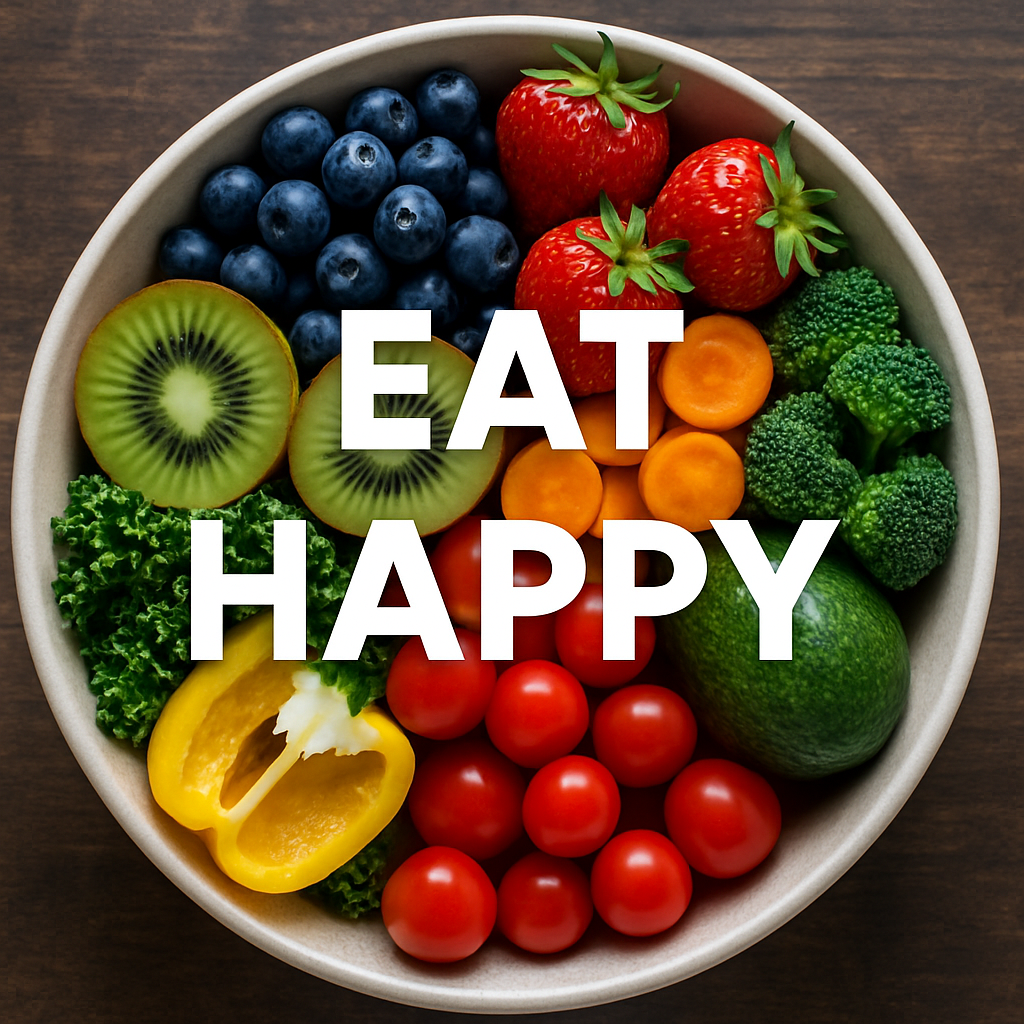
Foods That Make You Happy After 50
Share ❤️
Can a colourful plate put a smile on your face? A new cross‑sectional study published in mid‑September 2025 suggests that adults over 50 who eat more fruits, vegetables, fish and polyunsaturated fats report greater happiness, purpose and life satisfaction. While mood and economic factors play a role, nutrition appears to be a secret ingredient for serenity. Here are five mood‑boosting foods to add to your menu.
#1 Fatty fish
Salmon, sardines and mackerel are rich in omega‑3 fatty acids that support serotonin and dopamine pathways. The study found that eating fish at least once a week correlated with higher happiness scores. Grill or bake a fillet and pair it with veggies for a brain‑friendly meal.
#2 Leafy greens
Spinach, kale and Swiss chard are packed with folate, magnesium and antioxidants that may reduce inflammation and support neurotransmitter production. Toss them into salads or smoothies for an easy mood lift.
#3 Colourful fruits
Berries, citrus and apples provide fibre and phytochemicals that feed your gut microbiome and, through the gut‑brain axis, influence mood. Aim for at least two servings daily — think a morning fruit bowl or a mid‑afternoon snack.
#4 Nuts and seeds
Walnuts, flaxseeds and chia seeds deliver polyunsaturated fats (PUFAs) that may enhance eudemonic well‑being. Sprinkle them on yoghurt or oatmeal for a crunchy dose of good mood nutrients.
#5 Dark chocolate
In moderation, dark chocolate (70% cocoa or higher) contains flavonoids and mood‑enhancing compounds like theobromine. A small square can be a decadent, guilt‑free treat that supports emotional satisfaction.
Takeaway: Happiness isn’t just about what you avoid — it’s about what you add. Nourish your mind by filling your plate with colourful, nutrient‑rich foods, and savour the emotional benefits. Remember that food is only one piece of the well‑being puzzle; purpose, connection and rest matter too.
Study reference: ELSA cross‑sectional analysis, British Journal of Health Psychology (2025) – diet and positive well‑being in older adults.










